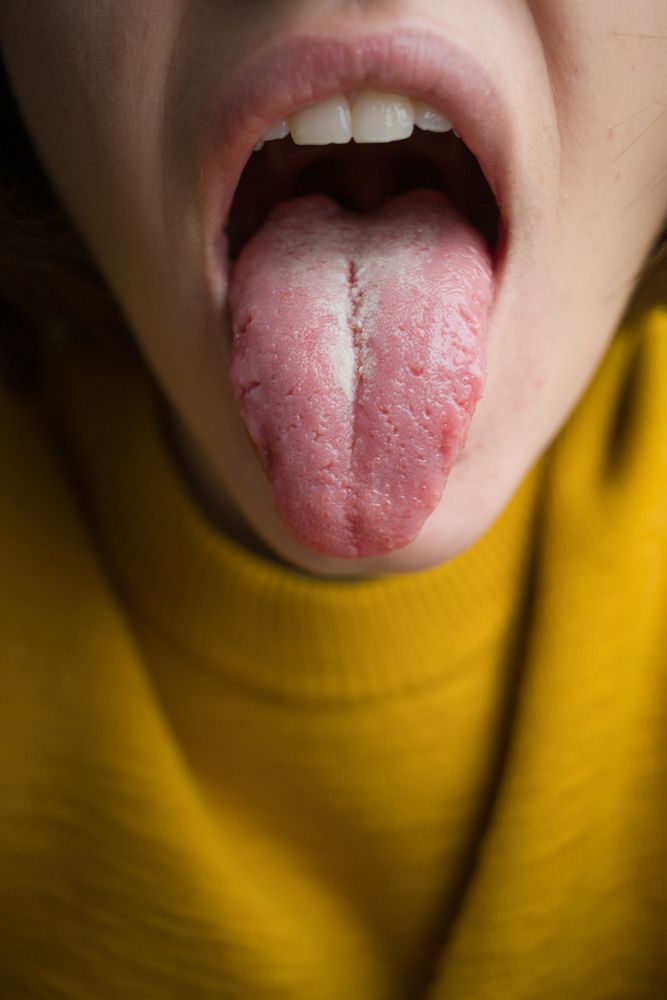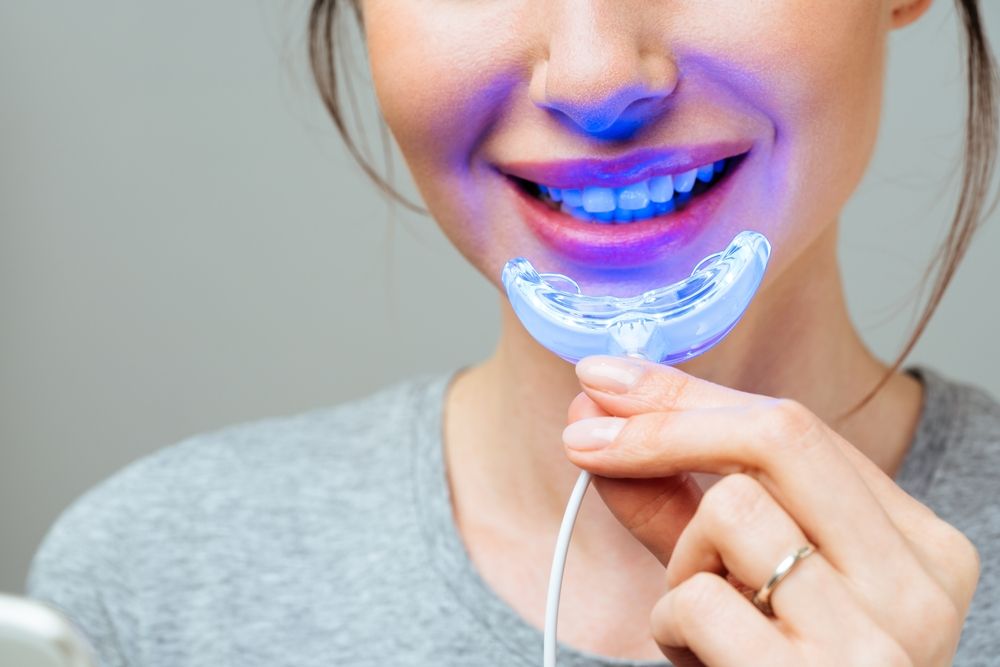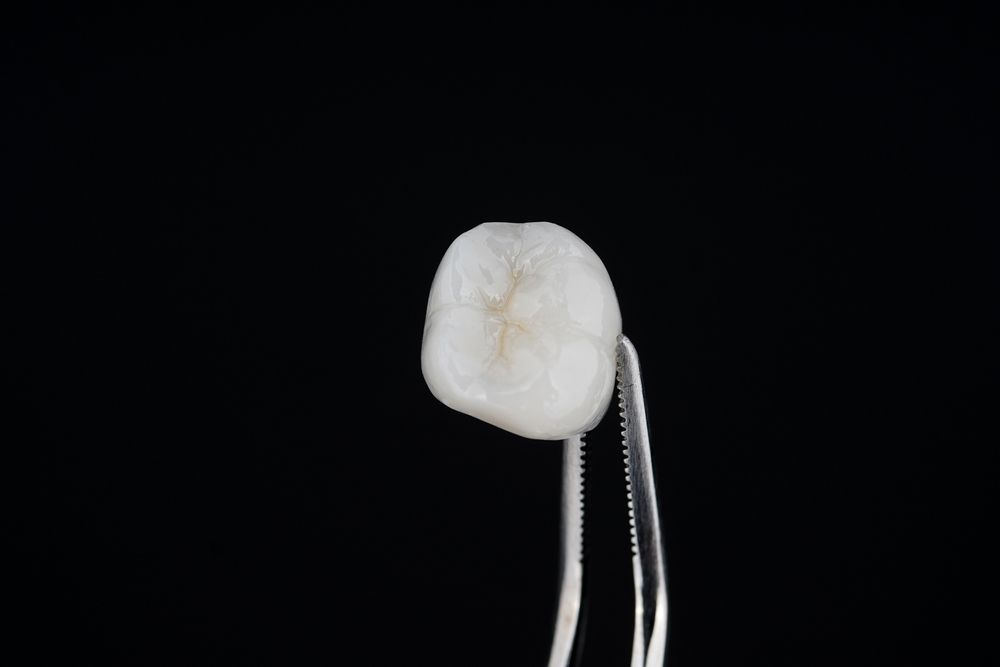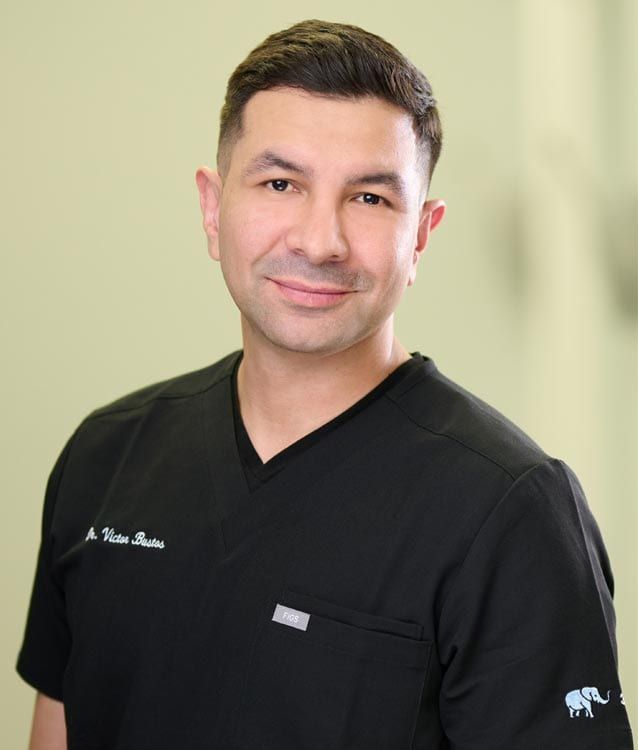Keeping to a routine can be quite a challenge when your child experiences symptoms of ADHD. Even with repeated reminders to care for their teeth, you’ll often discover they still haven’t when bedtime rolls around. It often can be so severe that the parent is forced to watch their child as they brush their teeth, even as they get older. This concern is just one way that ADHD can affect your child’s life, but it is significant. On a long enough timeline, there can be severe consequences for your child’s oral health.
Oral Health Risks Associated With ADHD
If your child is affected by the challenges that come with ADHD, this may all sound familiar. You’re likely an expert on how these behaviors can affect them and the potential long-term consequences. However, there may still be risks that you’re unaware of, especially as it pertains to their oral health. Some of the potential oral health risks faced by children with ADHD include:
- Struggles with Routine – This is one of the main challenges faced by those with ADHD. It can be difficult to remember to perform their oral health routine, or they may get distracted and not do a thorough job.
- Bruxism – Habitual grinding or clenching of the teeth has been shown to happen more frequently in those with ADHD. This habit increases the wear and tear their teeth undergo, but it isn’t the only potential consequence. Facial/tooth pain, TMJ problems, and recurrent headaches have also been reported.
- Poor Dietary Habits – Carbs and sugar have been shown to be able to help boost ADHD sufferers’ ability to focus. However, these substances are also terrible for oral health. Their increased consumption can boost their risk of cavities.
- Cavities – The increased risk mentioned above can lead to an increased cavity risk of as much as 12x. Missing teeth, restorations, and extractions are more common in people living with ADHD.
- Biting and Chewing – ADHD often leads to fidgeting behaviors, including biting and chewing. Chewing on writing utensils, chewing on their nails, and biting their lips are all examples that can lead to problems.
- Oral Trauma – Climbing, falling, hyperactivity, and a general lack of awareness of their surroundings can cause children with ADHD to have accidents. Oral trauma is a common outcome.
Symptoms like these can make it even harder for children with ADHD to maintain their oral health. Working closely with your child and their dentist is essential so that new techniques can be developed. As dental technology advances, new treatments become available that may help, such as sealants. However, they aren’t a foolproof solution and help compensate for the increased struggles.
How To Encourage Oral Health In Your ADHD Child
Parents often have to be creative to help their child overcome their personal struggles. By pairing with their dentist, new options may become apparent for oral health. Tours of the facility, meeting with the dentists, and discussing their struggles can let your dentist help them more. Encourage your child to speak to the dentist about the kinds of things that help them concentrate. Call for a consultation to get the best help for your child today!






